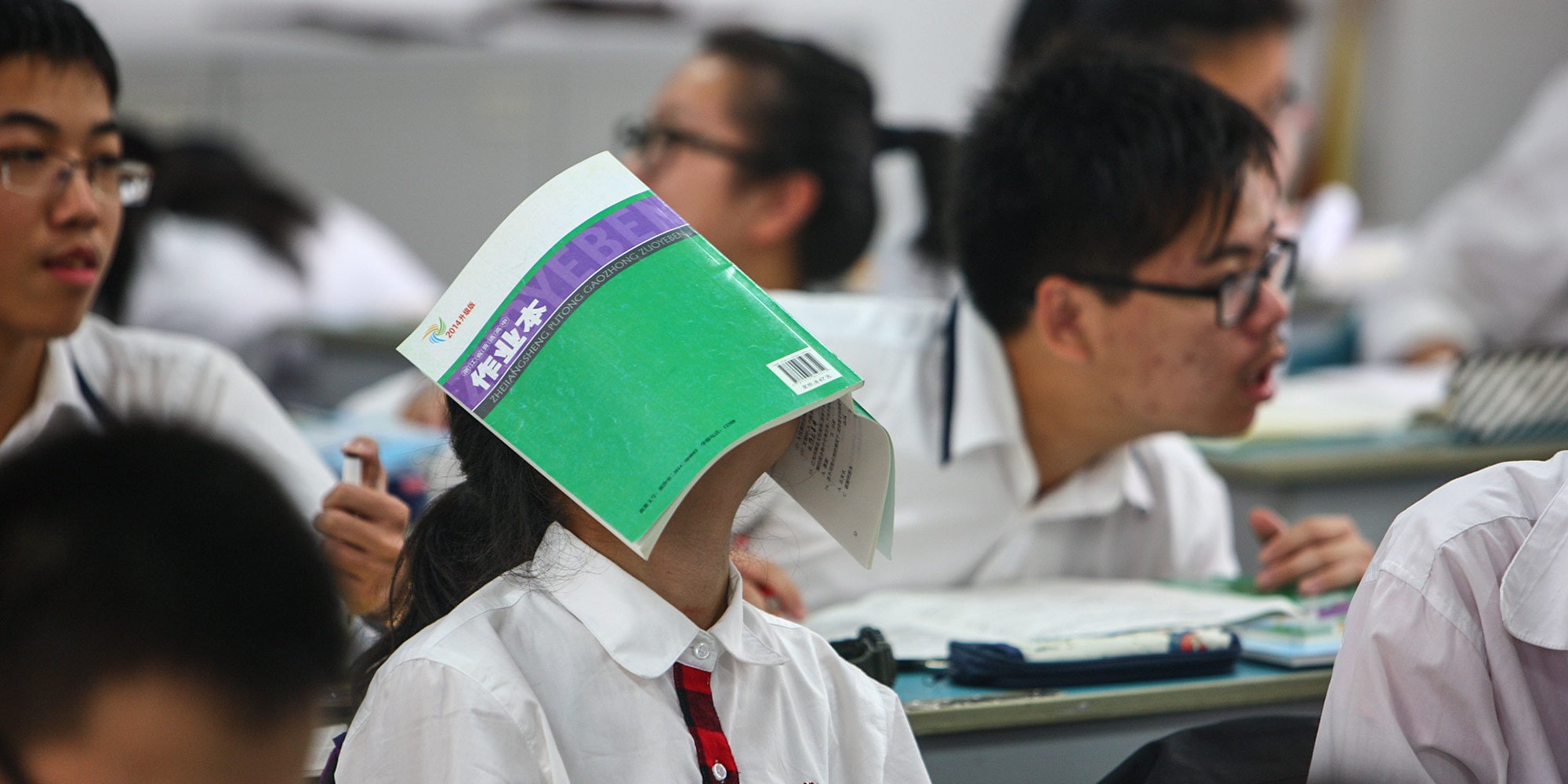China’s Ministry of Education unveiled its 2024 catalogue of undergraduate majors for university programs, which includes 24 newly approved majors. The ministry announced the programs will be available for students starting in 2024.
The 24 degrees span a wide range of fields from STEM to the humanities, and include disparate fields such as semiconductor engineering, national security, coffee science and engineering, ice and snow dance performance, and Chinese classical studies.

The new degrees are as follows: national security studies, security of overseas interests, football, equestrian sports and management studies, sports and health, Chinese classical studies, Sinology and Chinese studies, applied Chinese, agricultural and forestry smart equipment engineering, smart materials and technology, electronic information materials, soft matter science and engineering, rare earth elements science and engineering, high-power semiconductor science and engineering, smart vision engineering, engineering software, smart marine equipment, health science and technology, coffee science and engineering, interdisciplinary engineering, biotechnology breeding, ecological restoration, internal auditing, and ice and snow dance performance.
The new degrees are part of a broader education reform plan begun by the ministry in 2023, focused on establishing new higher education programs that are up-to-date with technology and industry. Majors seen as outdated will also be removed. The reform plan aims to reflect the evolving needs and interests of students, the workforce, and employers in China.
While there are certainly some unexpected degrees on the list, many do exhibit a clear connection to China’s stated long-term economic goals, such as technological self-sufficiency. Even some more esoteric fields of study start to make a little more sense when one considers the universities they are to be taught at: ice and snow dance performance will be a specialty of Harbin Sports University, where the annual ice festival is a major tourist attraction. Meanwhile, the coffee science and engineering course is quite likely to be much more than training for aspiring baristas — it’s based at Yunnan Agricultural University, found in a province where coffee is a major agricultural crop.
Banner image via Xinhuanet.


















